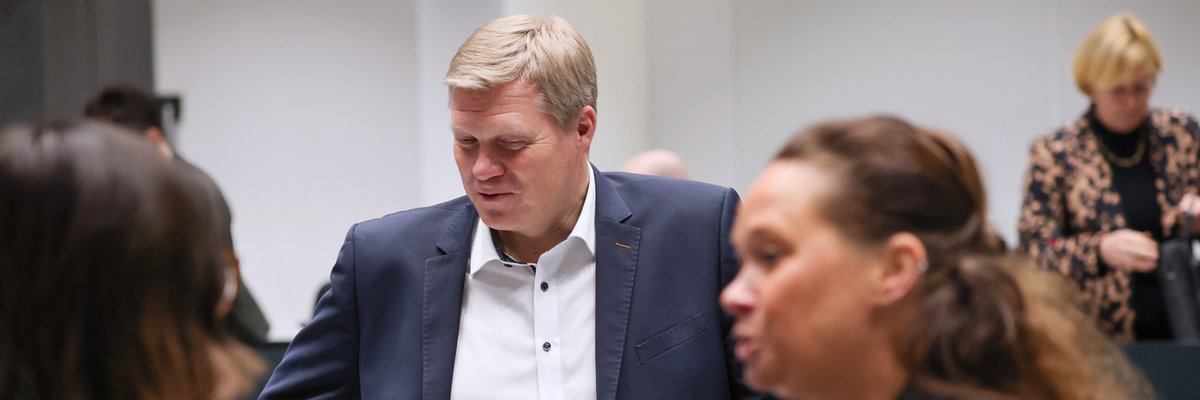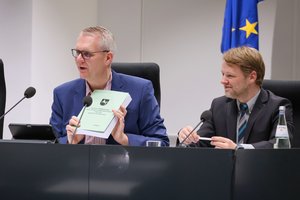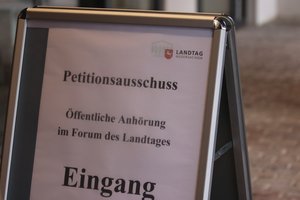Committees

The hubs of a working parliament


The matters that the State Parliament has to deal with are very diverse and many political issues are highly complex. As the plenary session would be overwhelmed if it had to consider every last detail of an issue, Parliament forms committees for certain areas. Another advantage of this is that MPs can divide the work up amongst themselves and concentrate on specific topics. The topics covered by the committees usually correspond to the ministries. Depending on their importance, the committees are made up of seven to 15 MPs, who are considered specialists in their area of expertise. The committees are effectively a smaller version of the plenary session: the composition of the committees reflects the majorities in the State Parliament. It is up to the individual parties to decide which MPs they send to which committee. In addition to the expert committees, there are other special committees and subcommittees. You can find an overview of all the committees here.
The main role of the committees is to provide very detailed advice on the bills, drafts or motions submitted by the plenary session and to clarify any unresolved technicalities. The committees deliberate drafts — for example draft laws, the budget or other motions — in depth before recommending a resolution to the plenary session. The committees deal with the topics for deliberation submitted to them by the plenary session. They can also deal with other issues, but only if the rules of procedure specify this or if a parliamentary group requests it.
The committees can bring in external consultants by way of a hearing in order to get the most multifaceted view possible. Local visits can also be undertaken to gather information on the ground. The members of the committees can also seek support for research and in particular in specific legal issues from the State Parliament’s politically neutral Legislation and Consultancy Service (GBD).
Parliament’s decision-making process should always be transparent and visible to everyone. For this reason the standing committees always meet in public. Interested citizens can easily attend a committee meeting. Because of their key role in a working parliament such as the State Parliament of Lower Saxony, the committees are also known as the parliamentary workshops.
